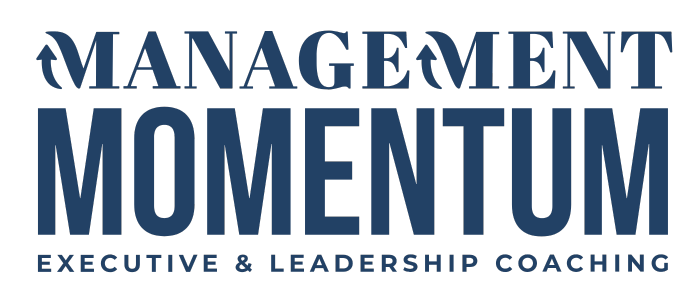Confidently Change a Habit With This Strategy
Trying to change a habit is a funny thing, because the attempt to change something in our lives has within it the capacity to increase or diminish our self-confidence. If we succeed at changing our habit and meeting our new goal, our confidence is built up, much like a muscle; if we fail, our sense of ability is eroded and we feel bad. Sometimes we don’t even attempt to change a habit because deep down we know that failing has the capacity to eat away at our confidence and belief in ourselves.
When my clients are developing a new habit, I encourage them to use a strategy called Plan A, then Plan B.
It works like this: when you make a commitment to yourself to make an important change, go ahead with your original Plan A (e.g., I will dedicate four hours each Saturday morning toward clearing my in-box until all 20,000 emails are gone). At the same time, commit to a Plan B (e.g., in 30 days, if I have not reduced my in-box emails to fewer than 500, I will take a vacation day from work to stay home and clear my in-box). This way there is no guilt or self-flagellation when we do not reach our initial goal because we simply implement Plan B. It also helps encourage us to stick with Plan A if Plan B is less appealing to us.
I did not think of this brilliant idea myself. It actually came from NY Times Bestselling author Geneen Roth in her book: Women, Food and God. In it, Roth encourages readers not to diet, but says that if they must, to choose a diet plan and then a back-up diet plan which they will implement if the first does not get the intended result.
One last point on this—I am in no way encouraging a negative take on the back-up plan, where Plan B is some type of punishment or penance for not achieving the change (I shudder at the thought). Plan B should be just as viable and positive as Plan A.
Coaching Assignment
Decide on something small that you would like to shift or change within the next 30 days. Make yourself a plan to accomplish it, and then make an equally viable back-up plan that you will implement at the 15-day mark if the first is not working.
And be nice!




